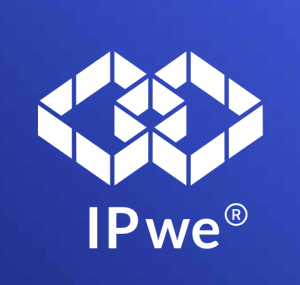Recently, alternative lending has been attracting attention in Japan. Alternative lending is a business loan option that falls outside of a traditional bank loan. For example, a Japanese electronic commerce and Internet company Rakuten gives a loan to its online shopping site owners using daily accounting data, and an accounting software company Yayoi also provides a loan to the users based on accounting data stored in the cloud. The banks seem to be losing opportunities to make a loan. Considering such situation, some banks reportedly have started collaboration with IT companies to develop similar services.
There have been move to use intellectual property information for examination of new loans. Japan Patent Office (JPO) has been carrying out the IP finance promotion project for SMEs since 2015, and introduced “IP Business Evaluation Report”. This report is prepared by request from a financial institution which is examining a new loan to a particular company, and positioned as a tool to improve understanding of situation and growth potential of the company from the perspective of intellectual property. The format of the report varies depending on research companies, but generally it includes the following items. You can get sample reports こちらをご覧ください。, but they are all written in Japanese unfortunately.
- Company’s business model
- Overview of Company’s technologies and products
- Evaluation of Company’s patents and products (uniqueness, strength etc.)
- Market size and growth prospects
- Issues or challenges from the perspectives of intellectual property and business
So far, 183 financial institutions in accumulated total (2014-2017) have used this service, and 78% of local banks nationwide have used it at least once. However, according to the questionnaire to the users, it is only 26% of the cases in which the report was used in the loan process. In fact, they used it just as a sales tool or a communication tool.
In this project, JPO is responsible for all the expenses for preparing the report, and financial institutions and target companies get the report with no financial burden. Whether or not financial institutions or companies are willing to pay for obtaining the report after the completion of the project, it would depend on the usefulness and the cost of the report. In order to determine the usefulness, the follow-up should be conducted and the result of the follow-up should be disclosed, though the determination must be difficult, since success and failure in business cannot be determined only by intellectual property.







